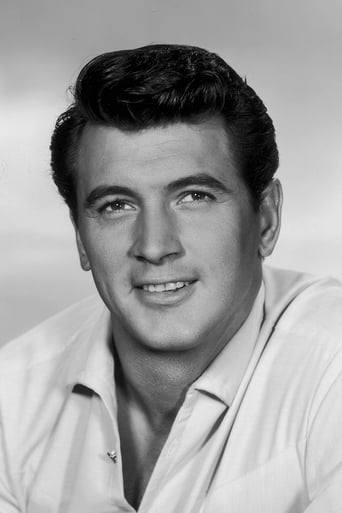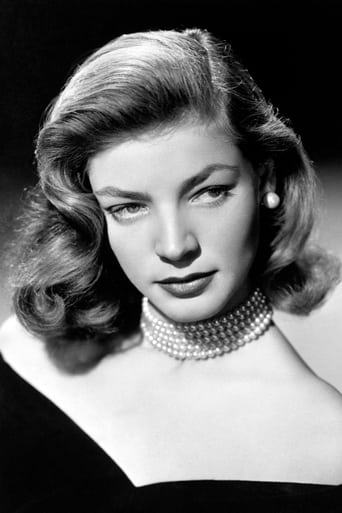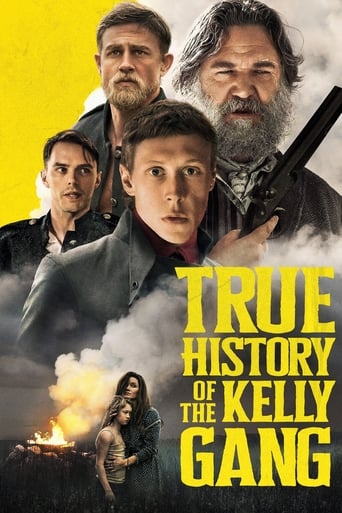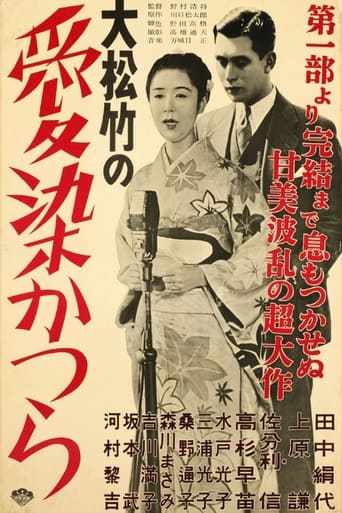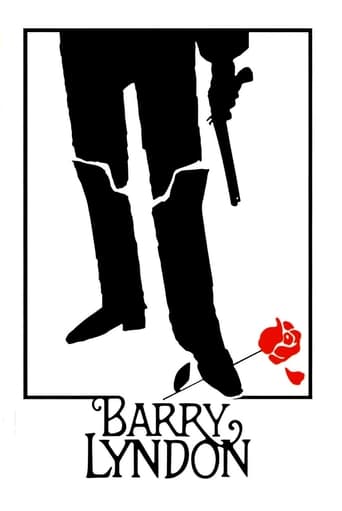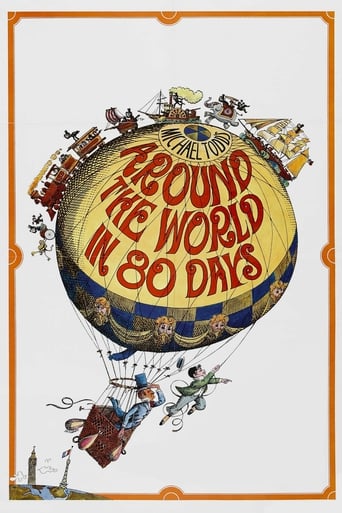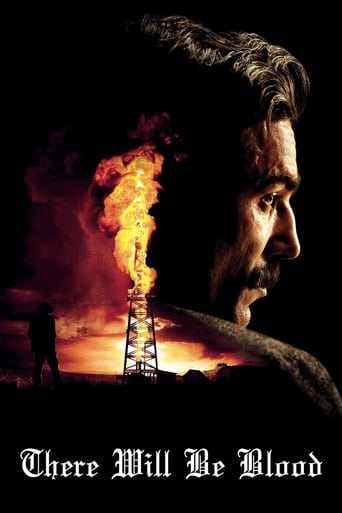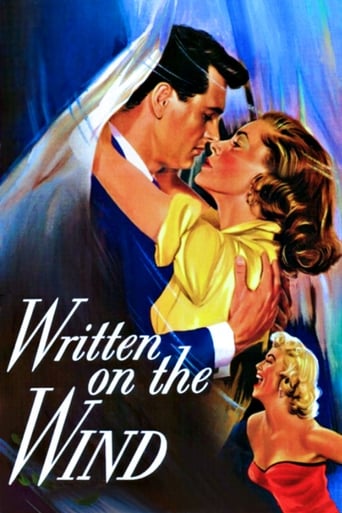
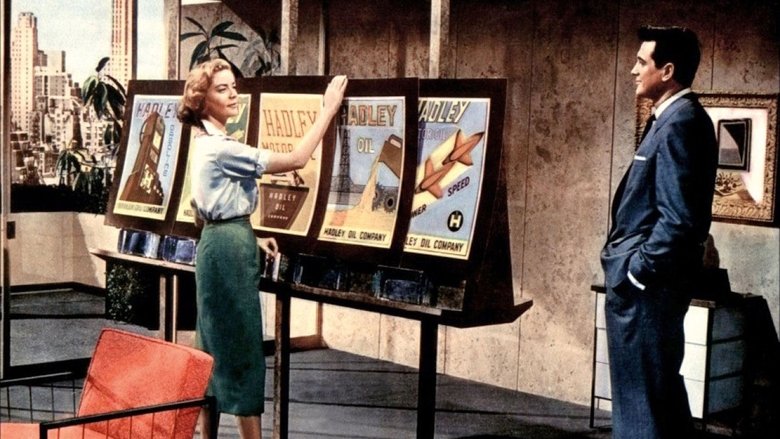
Written on the Wind (1956)
Mitch Wayne is a geologist working for the Hadleys, an oil-rich Texas family. While the patriarch, Jasper, works hard to establish the family business, his irresponsible son, Kyle, is an alcoholic playboy, and his daughter, Marylee, is the town tramp. Mitch harbors a secret love for Kyle's unsatisfied wife, Lucy -- a fact that leaves him exposed when the jealous Marylee accuses him of murder.
Watch Trailer
Cast
Similar titles
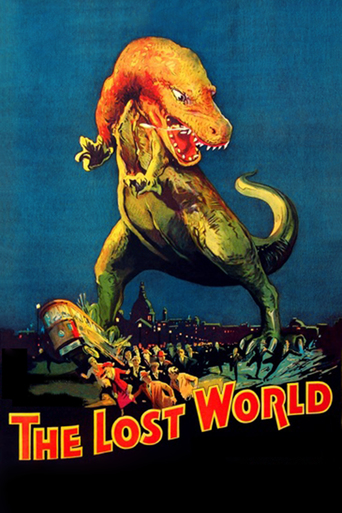
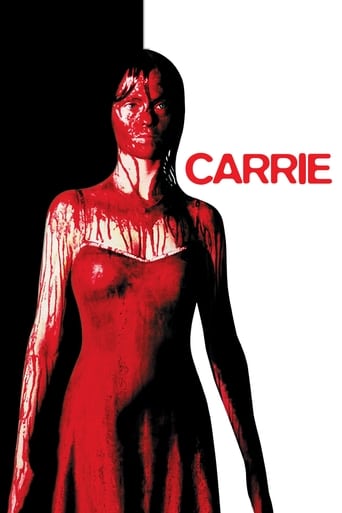
Reviews
To me, this movie is perfection.
Pretty Good
This story has more twists and turns than a second-rate soap opera.
The acting in this movie is really good.
Douglas Sirk directs this 1950s Hollywood melodrama. An alcoholic playboy marries a woman also loved by his best friend, while the alcoholic playboy's sister pursues the best friend. Complications and emotions run high throughout, as this extremely over the top film, its actors and its emotional cues scream at the audience like a horror movie scream queen. Written on the Wind has aged horribly. The acting is unconvincing, it's hopelessly overdone from start to finish and as a result, it never truly works. That isn't to say it's a bad film though. It's simply a fill of its time. Back in its day it would have been very striking. Douglas Sirk directs it well and mise-en-scene is used brilliantly throughout, while the ridiculously over-the-top nature of the film often becomes strangely charming. In the end, it does affect one on an emotional level, even if its methods are somewhat dubious. It is a film which firmly belongs back in its time, but it is an oddly enjoyable movie much of the time and like always seeing such extreme, melodramatic emotional story lines is strangely entertaining. 6/10
Written on the Wind is on par with Douglas Sirk's other cinematic experiments and is aided considerably by a most skilled cast. Particularly, the entire film hinges on Dorothy Malone's performance. She is the one who sells us the bill of goods at the end. And if she happened to be unconvincing, then we would feel that the entire 99 minutes was lost. But she does save the film at the end. And it is not surprising that for her efforts, she did receive the Oscar for a best supporting performance. Her scenes in the courtroom make it clear to us that not only is her brother Kyle (Robert Stack in an Oscar-nominated performance) a sad waste of a life, but they all are living a nothing existence-- except those who manage to get away (which is what Lauren Bacall and Rock Hudson must do in the last shots). Malone's character will never get away, having been forced to take over the family business at the end. It's a very sobering conclusion. In the meanwhile, Sirk fills the earlier portions of the film with inspired mise-en-scene which continues to build the tension and suggest the inevitable outcome for these characters. At every turn, the director is offering motifs and manipulating them carefully, often without our noticing. The scene where Stack throws the drink into the mirror is not only played for dramatic effect but is rich with symbolism. Another important moment occurs when the father (Robert Keith) is experiencing a heart attack on the stairs. Sirk does not allow the camera to linger on the old man during this display like most directors might be tempted to do. Instead he inserts quick cuts to other members of the household, experiencing their own mini-attacks of anguish at the same time. As a result, Sirk provides quite a searing tale about the so-called lives of the spoiled rich in a desolate oil town. He brings us into the world of its interconnected destinies and the smoldering passions of its inhabitants. He holds us hostage and doesn't let us go.
Once again, I must dissent. I think this film reeks.Roger Ebert described it as "a perverse and wickedly funny melodrama...in which shocking behavior is treated with passionate solemnity, while parody burbles beneath." I think he was being very generous.I've always found Robert Stack to be a second-rate actor and just a little creepy. Here he outdid himself -- I found him to be a third-rate actor and really creepy...especially when he was looking directly at Lauren Bacall. Made me shudder. He gets killed off in the movie...it didn't come a minute too soon.I usually find Rock Hudson to be a rather appealing actor, but I didn't find him or his part to be a bit appealing here...perhaps more later in the film. Lauren Bacall, not usually one of my favorites, did about the only really decent acting here, though I have seen her better in a few other films. Dorothy Malone never quite made it to the top ranks either, although in a number of films I found her quite appealing...but not here.And, I have found some films directed by Douglas Sirk to be right up my alley -- especially "Magnificent Obsession", "All That Heaven Allows", and "Imitation of Life" -- but not this one. It took me 3 nights to wade through this, and several times I almost turned it off completely. I should have...my time would have been better spent whittling...and I don't even whittle! It seems that almost everything in this film is overdone. Over-acting. Overly dramatic music. Too much of a bad thing. I recommend you skip it!
This is one of those overproduced hothouse Douglas Sirk 1950s melodramas Todd Haynes paid homage to in his 2002 "Far From Heaven." The decor and costumes are far more dramatic than the actors, although these particular actors never really stood a chance, as they are mostly horribly miscast (unlike "Far From Heaven.") Rock Hudson plays a dedicated geologist(??) who pines for prim secretary Lauren Bacall(????) in a style indistinguishable from constipation. Bacall is the victim of a whirlwind courtship courtesy of Hudson's friend, oil magnate Robert Stack--she marries him and learns too late that he's a deeply troubled alcoholic (Stack, who should have been playing Hudson's role, goes through numerous vocal and facial contortions meant to demonstrate drunken paranoid jealousy, to little effect.) Stack's sister, Dorothy Malone, has longed for Hudson since childhood; seen by him as a "sister" (it was the 1950s) she seeks refuge in anonymous sexual encounters with barroom trash. (In the previous decade, this would have been Bacall's role). Bacall has no talent for noble suffering; she seems paralyzed. (The great underused actress Ruth Roman was much better at this sort of thing.) Malone is a very peculiar actress; she has severe features (her eyebrows are reminiscent of Joan Crawford) and her elaborate blonde hairdo appears to be made of bronzed Slinkies pasted to her head. Yet she's the only one who really gets into the artificial spirit of this thing--she lets the clothes do the acting for her. I may never forget the shots of her driving a hot-pink convertible while wearing an identically hot-pink pantsuit set off by light pink gloves and scarf--anticipating "Legally Blonde" by fifty years. (Did she buy the car because it matched her outfit?) In the genuinely campy (much-discussed) highlight of the film, the police have just brought her home from yet another motel liaison (Why? She's hardly underage) and her heartbroken father is steeling himself to confront her about it. She goes to her room, strips down to her black (death, evil) slip, tosses on a sheer red (passion) chiffon robe, slaps on a jazz (sin) record, and dances orgiastically around the room. This is intercut with shots of her father mounting the stairs, clutching his heart, and tumbling to his death. Finally, in a totally superfluous eleven-o'clock courtroom scene (which helped win Malone an Oscar), she gets to have a tearful meltdown on the stand while wearing all-black; she concludes the scene by letting her head fall forward, revealing a flat hat that looks like a burnt poached egg. Apart from these highlights (and occasional dialog exchanges like "You're a filthy liar!" "I'm filthy--period!") this is rather tame camp; it never gets as wretchedly excessive as it wants to be.
